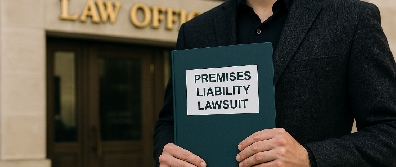Repeat juvenile offenders in Minneapolis could be detained longer before court hearing
Are juveniles responsible for a crime wave in downtown Minneapolis? That may be the opinion of two Minneapolis City Council members.
This past summer, violent robberies and assaults downtown have caught the attention of business leaders and lawmakers, reports the Star Tribune. Some of the people accused of these crimes are younger than 18, making them juvenile offenders.
Since 2000, Minneapolis have worked to hold fewer minors in juvenile detention centers, the newspaper reports. Instead, juvenile offenders have been placed in alternative youth programs instead of staying imprisoned before their court hearing. The city Juvenile Detention Center took in 1,272 juveniles. The center has held 72 percent less minors since 2005.
Some of the most common offenses committed by minors include possession of marijuana, assault, shoplifting, consumption of alcohol, fake ID charges and criminal mischief.
The juvenile justice system in Minnesota focuses on the wellbeing and rehabilitation of the minor, where the adult system focuses more on punishment.
That is due to Minnesota state law requiring counties to utilize pretrial diversion programs. Usually, it is up to the discretion of the prosecutor as to whether a minor will undergo a pretrial diversion program. These programs can include earning a high school diploma or GED, counseling services, repaying victims of their crime, and establish goals for offenders that are monitored by state authorities.
The Minneapolis City Council members point out the longer detention could be used for repeat juvenile offenders. Under state law, a child that has previously adjudicated for an state offense or has previously petitioned an offense and had it dismissed may not be eligible for a diversion program.
Being charged with a crime as a juvenile could have serious impact on a person’s life, no matter if the charge is a misdemeanor or a felony. Everything from future job prospects to driving privileges could be affected, on top of expensive fines and hours of community service.
For juveniles who are accused of breaking the law – especially those accused of doing it more than once – retaining an experienced lawyer could be the difference in a child’s life.














Comments